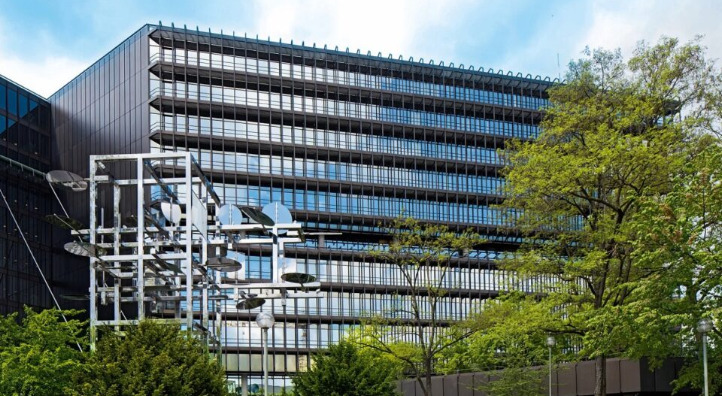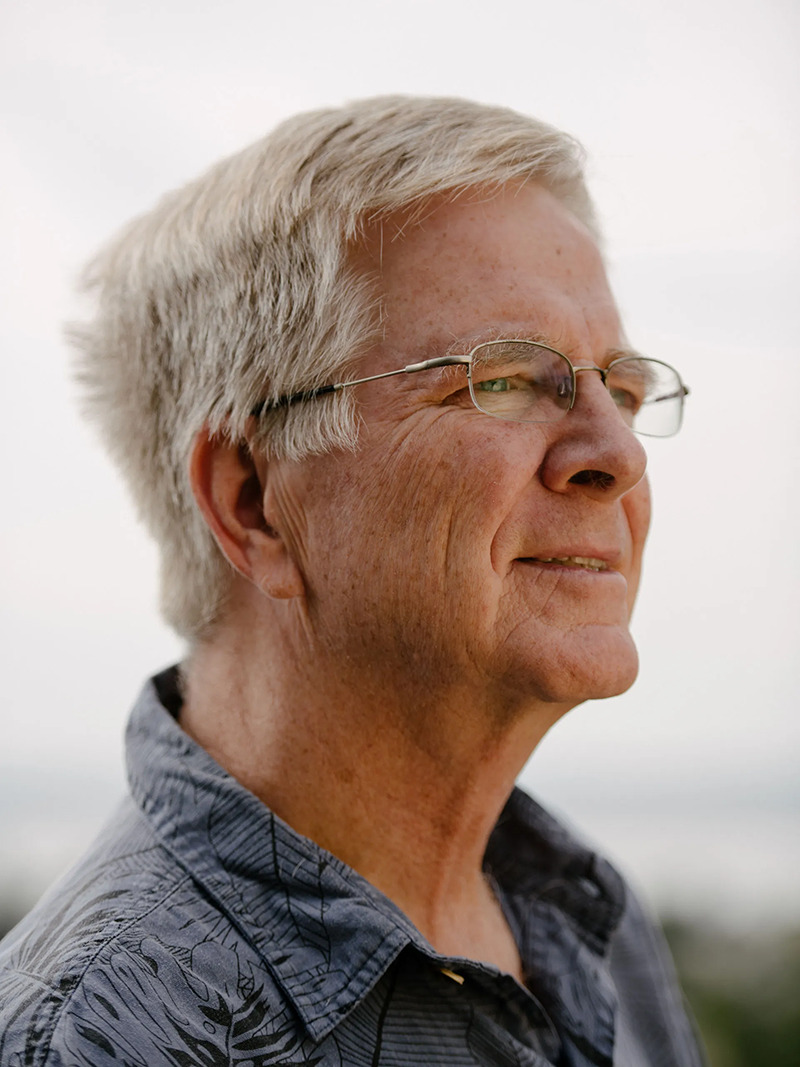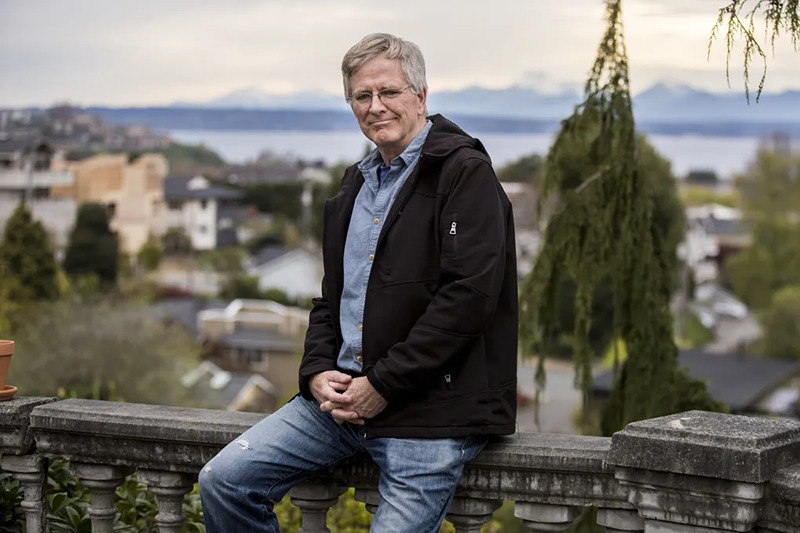
Rick Steves: Don’t skip Europe’s second cities
Rick Steves: Unshackled by the obligation to be their country’s role model, second cities are free to just be themselves. Each European country has its…
Thought Leader: Rick Steves

This piece is by WWSG exclusive thought leader, Gary Locke.
Right now, the Council of the EU is reviewing a proposal that could result in lower-quality phones, computers, and other electronics-connected devices for hundreds of millions of Europeans.
The proposal, introduced by the European Commission and approved by the European Parliament last February, concerns “standard essential patents,” or SEPs, which cover technologies like Bluetooth, WiFi, and 5G that require industry-wide shared standards for devices to communicate seamlessly.
In April 2023, the European Commission proposed a regulation that would establish a new bureaucracy within the EU Intellectual Property Office (EUIPO). This body would be in charge of verifying the “essentiality” of tens of thousands of European patents and unilaterally setting SEP licensing fees.
The regulation is fundamentally flawed, and would seriously undermine Europe’s technological leadership in a variety of cutting-edge fields. The Council should drop the Commission’s proposal without delay.
First, the draft regulation would upend an SEP licensing system that is largely working well. This overhaul attempt ignores the Commission’s own findings on SEP licensing. A 238-page report commissioned by the Commission and released in 2023 found no evidence of systemic problems and no need for sweeping policy changes.
Under current law, the companies that hold SEPs are required to license the technology to all other firms on “fair, reasonable, and non-discriminatory” (FRAND) terms. This requirement ensures that a company with a patent on a particular component of WiFi routers, for example, can’t charge exorbitant fees, holding every other company hostage until it collects a veritable ransom.
Typically, the licensing fees are minimal. For instance, car manufacturers who want to access the patents included in the 2G, 3G, and 4G standards just need to pay a one-time fee of around 20€ — less than the price of a WiFi connection on a long-haul flight.
Disputes over SEP royalty rates are the exception rather than the rule. Both SEP owners and implementers have a strong mutual interest in working out terms — and they almost always do. As a seldom-used last resort, the parties can protect the fruits of their labor in the courts.
The European Commission’s plan would replace this decentralized framework with a top-heavy regulatory regime tightly overseeing SEP licensing. This would put enormous decision-making power over some of the most complicated, technical, fact and expertise-specific, and economically consequential matters in any field within a single, unqualified office.
A former EU official even admitted in 2022 that “we will never have the competency in patents.” Also of great concern, the regulation would strip away the fundamental right of SEP innovators to directly protect their innovations in court.
Second, the proposal would jeopardize technological advancement in Europe. Under the successful consensus-based framework, major European technology firms like Ericsson and Nokia have leveraged SEP licensing to foster continued wireless innovation by sharing their patented technologies with other innovators in key fields. Smaller European companies like Gibus, which installs solar paneling utilizing Bluetooth, or Nordic Semiconductors, a Norwegian manufacturing company working on wireless technologies, benefit too.
This carefully balanced ecosystem has allowed Europe to maintain wireless technology leadership, with European companies generating significant revenue from their patented contributions to global standards.
Third, the draft guidance risks reinforcing China’s efforts to provide preferential treatment to its own companies. In fact, on the heels of the Commission proposal last year, China’s State Administration for Market Regulation agency announced similarly aggressive guidelines to regulate SEP licensing terms.
Last December, a Chinese court took the unprecedented move of establishing global royalty rates for SEPs owned by Nokia. The decision was designed to allow Chinese firms to pay lower licensing fees than their overseas rivals, representing an enormous competitive advantage for China’s domestic industry.
Adopting the proposal would only legitimize Beijing’s efforts to assert government control over SEP licensing in emerging fields like 5G, AI, and quantum computing.
With joint leadership on technology standards, the United States and Europe have historically championed a model of innovation through collaboration and consensus. If the Council is serious about maintaining Europe’s vibrant innovation economy, it should scrap the draft regulation once and for all.
Rick Steves: Don’t skip Europe’s second cities
Rick Steves: Unshackled by the obligation to be their country’s role model, second cities are free to just be themselves. Each European country has its…
Thought Leader: Rick Steves
Rick Steves Says Hold On to Your Travel Dreams
The guidebook guru, Rick Steves, discusses a year and a half without seeing Europe, the next chapter in post-pandemic travel, and why you should order…
Thought Leader: Rick Steves
How to avoid tourist crowds overseas: Travel king Rick Steves shares advice
It’s already been a busy year for Rick Steves. In March, Tacoma’s Pacific Lutheran University honored the international travel expert and Edmonds resident with its 2023…
Thought Leader: Rick Steves

